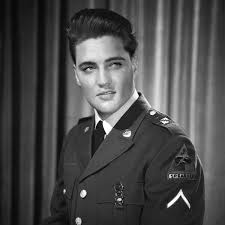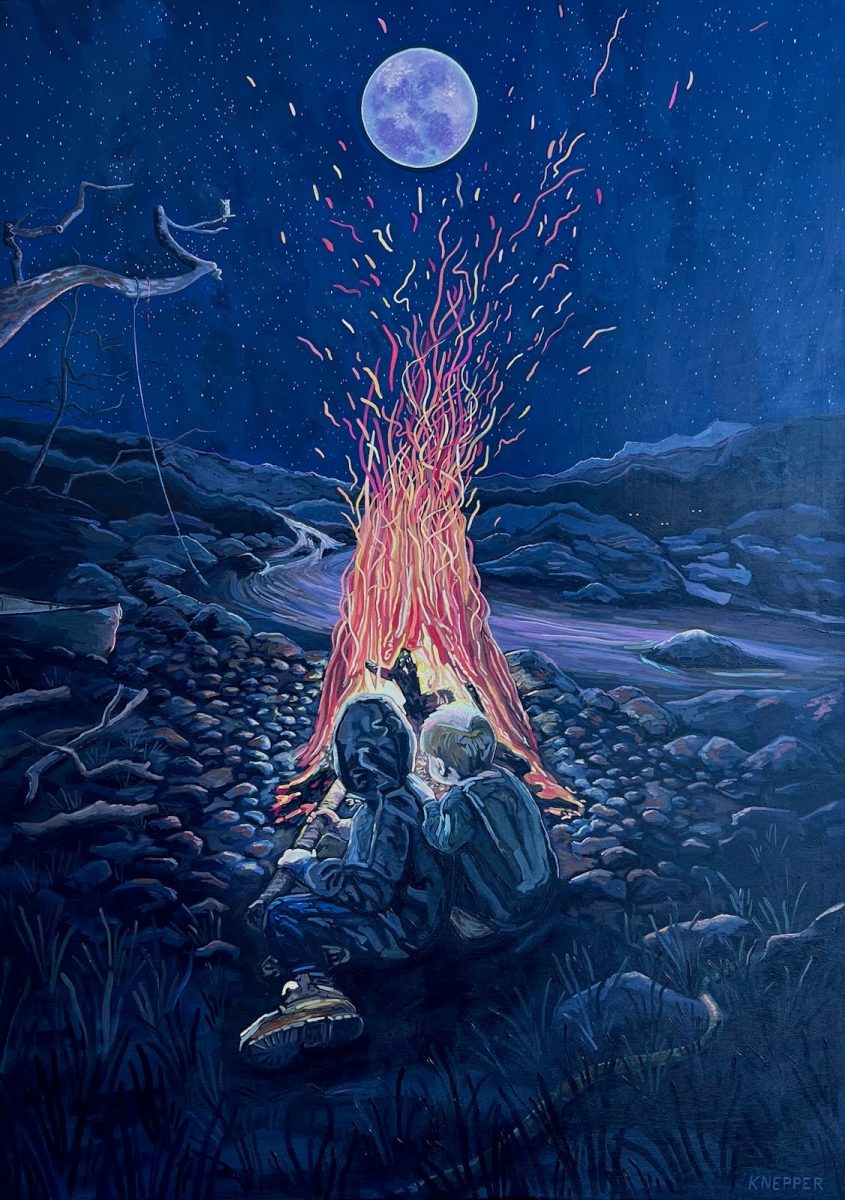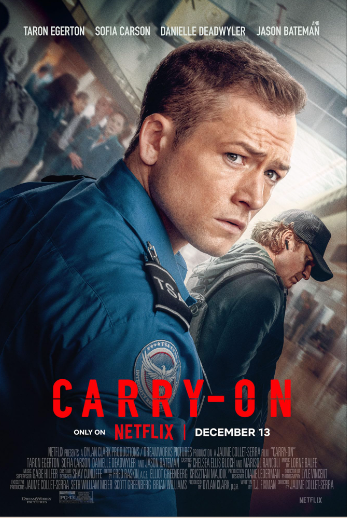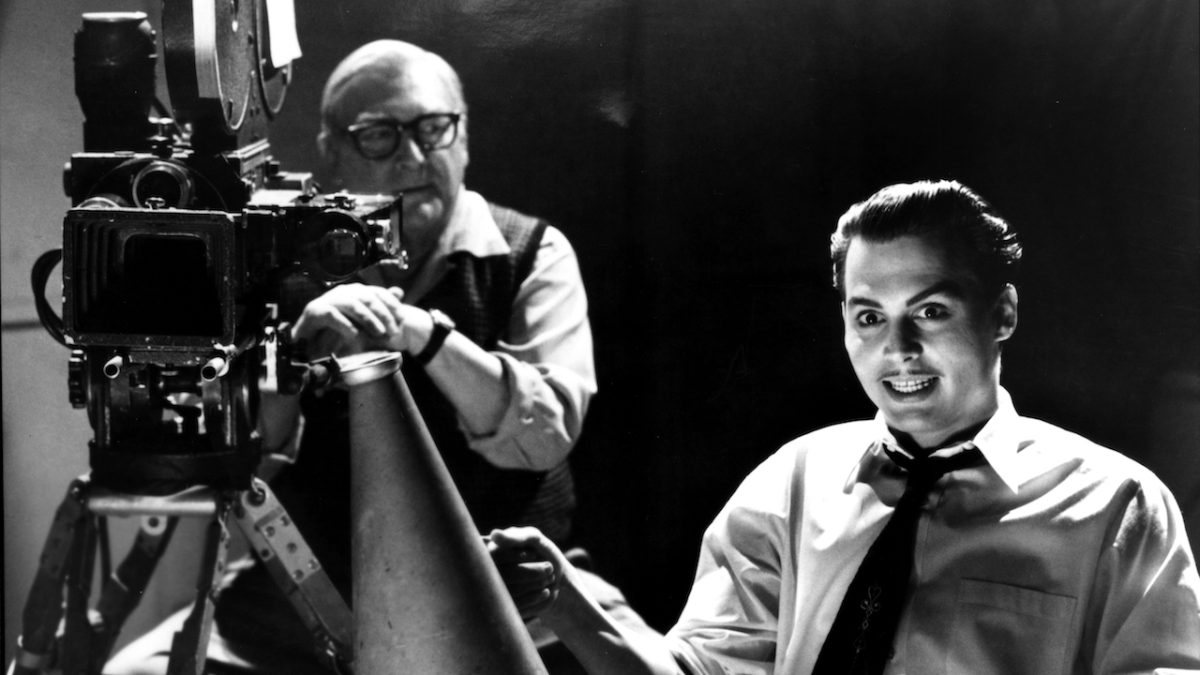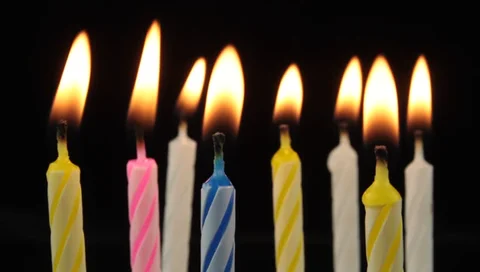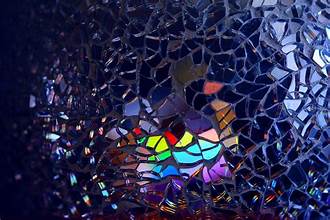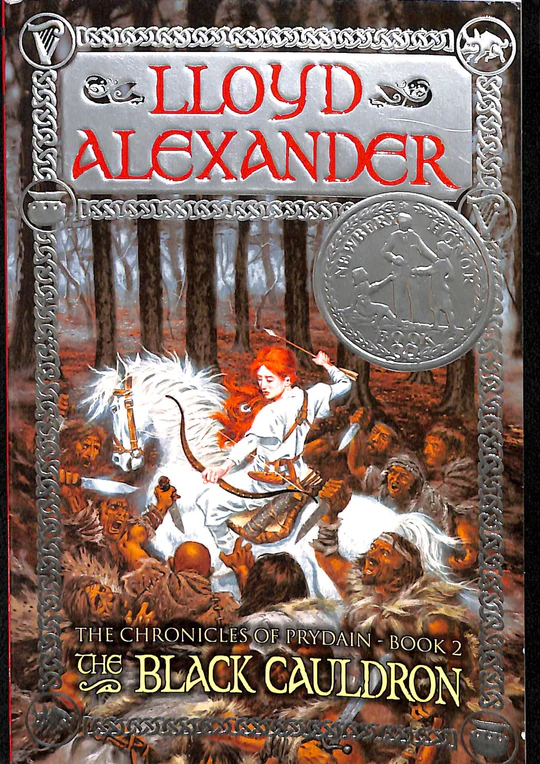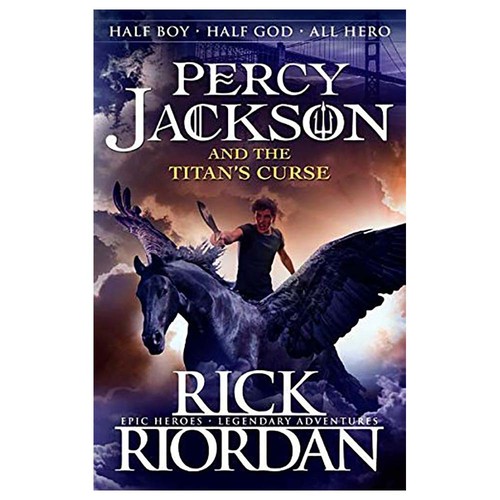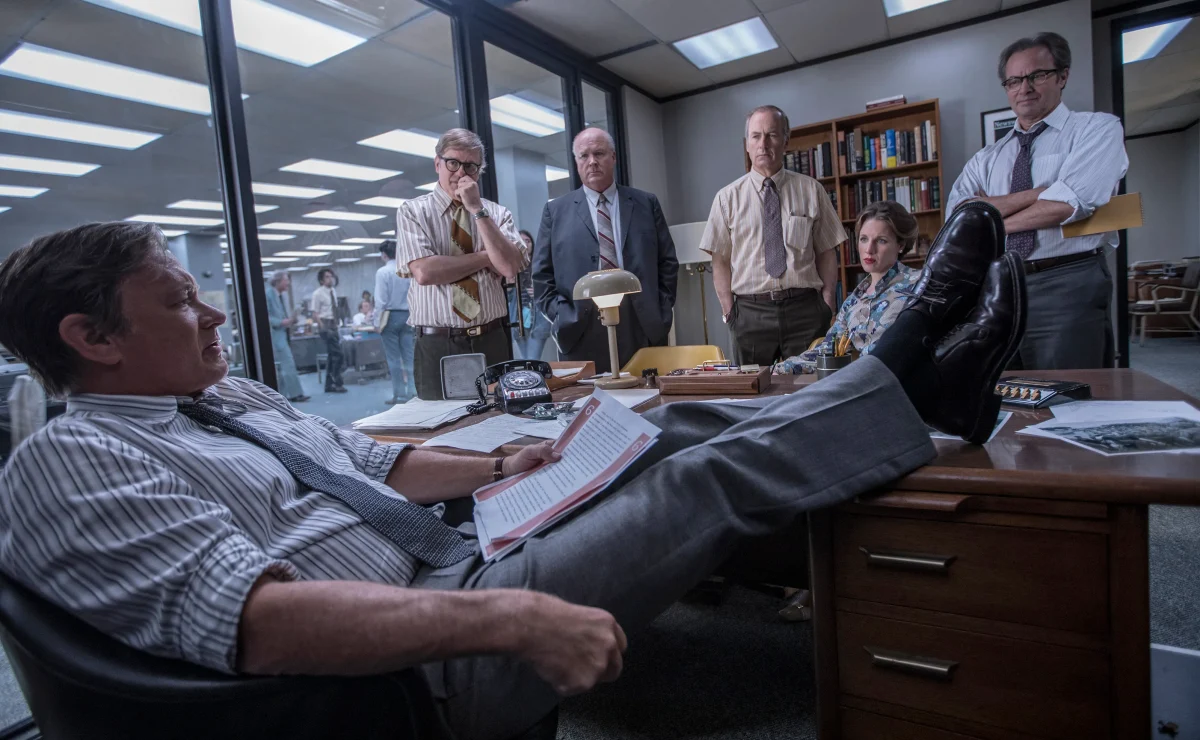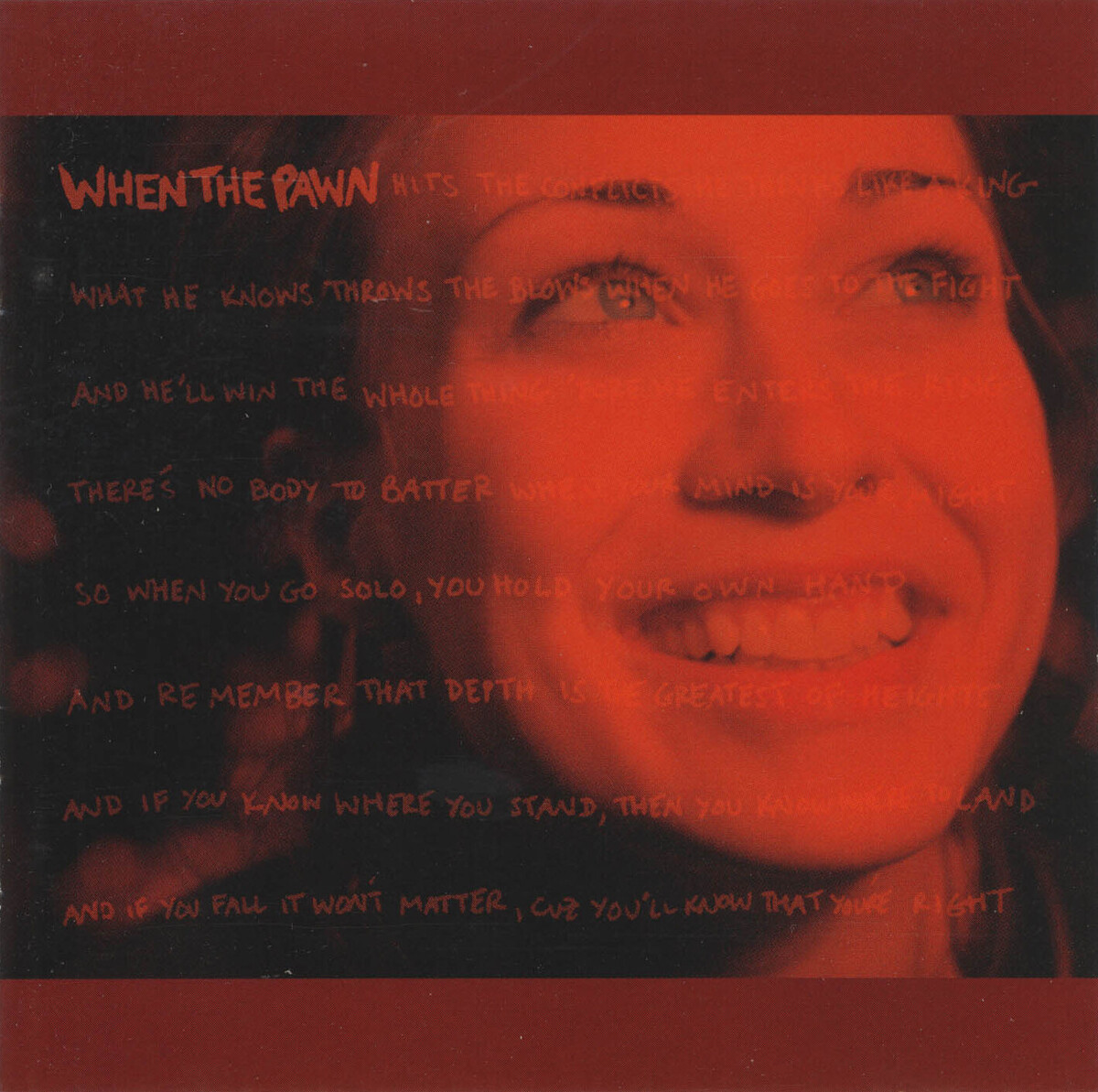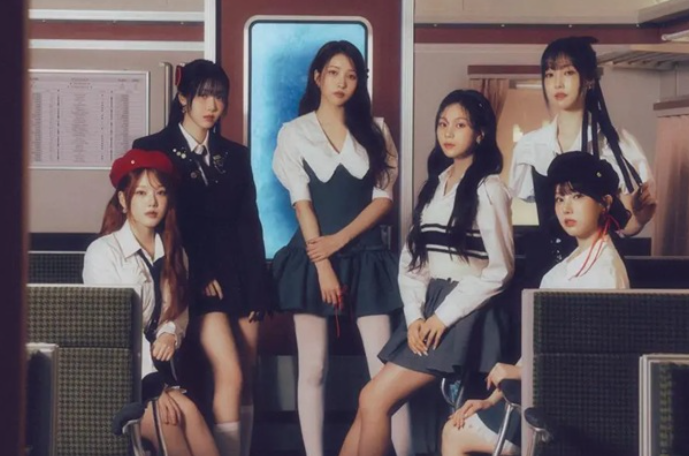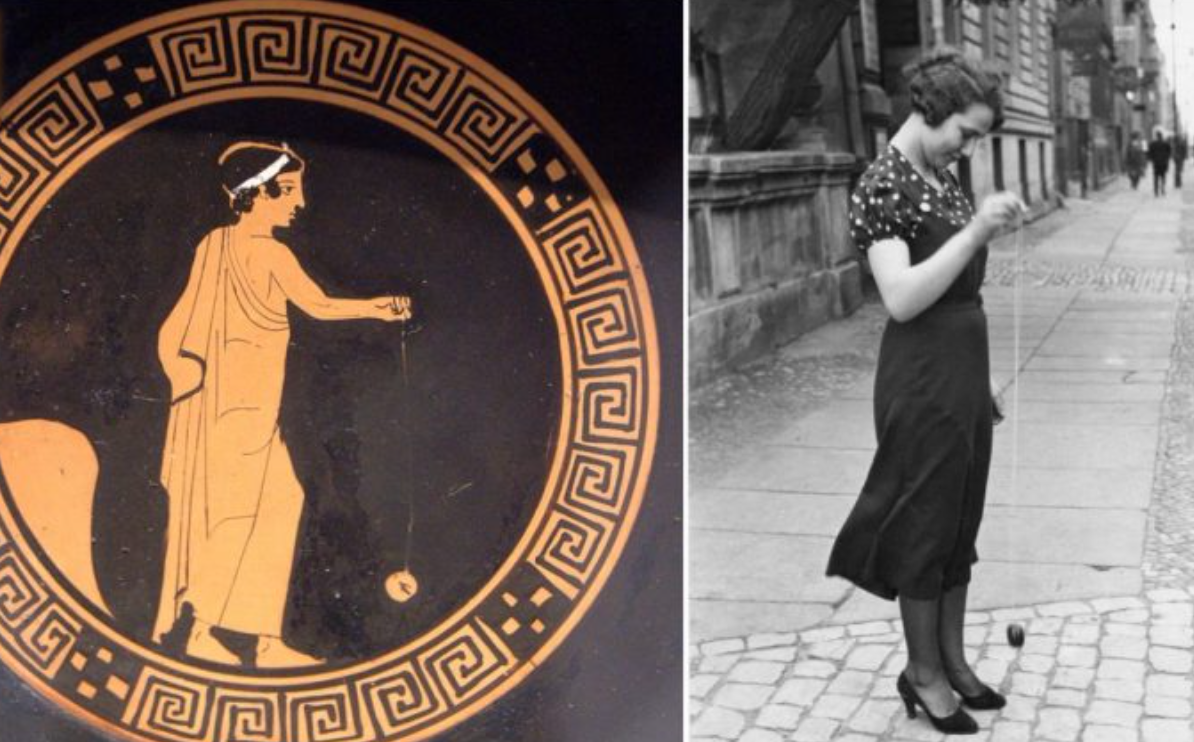“My next one will be better,” is a line spoken by Johnny Depp in the role of legendary B movie director Ed Wood in the 1994 biopic of the same name. I remember watching the opening titles of “Ed Wood” for the first time and knowing I was watching something special. Tim Burton’s loving homage to Ed Wood’s filmography and 50s sci-fi B movies in general with stop-motion monsters and miniature graveyards dissolving into a rainy night in gloomy Hollywood sets the stage for the key element that makes this movie work: balance, specifically in regards to tone and style.
The tone is perfect—no scene is without humor and yet every character has a deep sadness to them. The subject matter as a whole is very dreary: the characters are misunderstood, unhappy, unsuccessful, and, in some cases, very unhealthy, and yet nothing can deter them from their goal of making it big in Hollywood. The movie is full of humor and I still find myself laughing at jokes that I know by heart. However, it would have been doing an injustice to the real life people that the story revolves around by not touching on the dark sides of their lives. Bela Lugosi, once the star of “Dracula,” became addicted to opiates in his later years as his career declined. Ed Wood was well known to cross-dress, as were some of his colleagues, and they were often mocked and rejected for it. While there is a lot of humor in the movie, these characters are treated with nothing but respect and are never made to be the butt of the joke, something that probably would have been the case with someone other than Tim Burton at the helm of the project, a filmmaker who has consistently shown affection towards oddball characters that society rejects.
In terms of style, this is Tim Burton at his boldest. I am so often disappointed by filmmakers like Tim Burton and Wes Anderson who constantly lean on their iconic styles and are afraid to upset their fan bases by stepping out of their comfort zone. At this point in his career, Tim Burton was known for his gothic, German expressionist style from movies like “Beetlejuice” and “Edward Scissorhands.” For “Ed Wood,” he entirely switched up his visual style, taking influences from old Hollywood noir films to create his portrait of the B movie legend. The gorgeous black and white cinematography and shadowy, hard lighting evoke the images of classy gangsters driving around in fancy cars wearing nice suits, but here Burton recontextualizes them completely, instead putting them at the service of a story of a penniless director trying to make a name for himself on filth-ridden movie sets. Composer Howard Shore, a frequent David Cronenberg and Peter Jackson collaborator, worked with Burton on the movie and delivered a wonderful, percussion-heavy score which also feels distinct in Burton’s filmography that has been almost entirely scored by Danny Elfman.
There isn’t a performance in this movie that isn’t iconic in one way or another, but I have to give Johnny Depp credit for really capturing both the positivity and vulnerability of Ed Wood, despite not being a fan of him as a person or an actor. The performance that really steals the show, however, is Martin Landau as Bela Lugosi. He feels so genuine and the performance is so moving, in parts I find myself laughing at his character’s blunt sense of humor and heartbroken for him mere moments later. In a literal added layer to his performance is the outstanding makeup work by Rick Baker (special effects artist from “Star Wars,” “An American Werewolf in London,” “Videodrome,” etc.) which makes him completely indistinguishable from his real life counterpart.
While not every detail is true to life, and the movie is very dramatized, there is nothing but love for Ed Wood and his troupe in the movie. If anything, this movie brings something to the Ed Wood legacy that isn’t on every critic’s “worsts” list and will help keep his story around for years to come. I believe it to be Tim Burton’s greatest achievement, as well as one of the greatest movies I’ve ever seen. “Cut! Print! We’re moving on!”



